For more information on the Radio 4 programme, Bringing Up Britain, see the series page and episode guide here.
What do children and young people think about parenting issues?
You've heard the episode, listened to the arguments, taken part in the polls and maybe even joined the debate. But have you thought about what children and young people might think about the issues?
We asked a group of young people aged between 12 and 16 years their views on the themes and questions raised on Bringing up Britain. You can find out their responses to the polls below. Are they different compared to the parents' poll results?
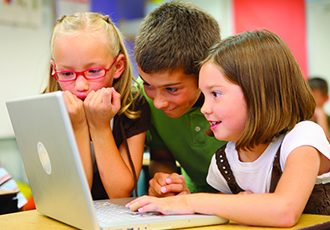
- As the school year starts, what can affect children's IQ?
Can we make our kids clever? See the results.
- What can parents do when their relationship is ending?
What is the best way to parent? See what the results.
- How should parents react when children test boundaries?
How do you get kids to behave? See the results.
Find out more
Dr Victoria Cooper has written an article asking 'Do we really listen to children and young people?' which discusses how we can support children and young people to participate in research and debate about issues which are important to their lives.
The latest series of Bringing up Britain first airs on BBC Radio 4 at 9.00am on Wednesday 2nd September 2015, with an edited repeat at 9.30pm. For more information and links to listen again, visit the programme page on bbc.co.uk
 Episode 1: Intelligence
Episode 1: Intelligence
As the school year starts, what can affect children's IQ? Can we make our kids clever?
It seems that some young people hold quite different views to those expressed by adults. The majority of young people felt that genes do not necessarily determine how clever you can become and that formal schooling, diet and exam ‘training’ might help.
"Being intelligent and being clever are different. IQ only measures part of your overall intelligence.""There are some very clever people but that doesn't mean they are intelligent."
"There is so much pressure on kids at school to be clever and do well on exams."
"It's all about As and A stars at school. I will be happy to just pass my exams."
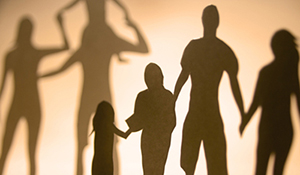 Episode 2: Divorce and separation
Episode 2: Divorce and separation
What can parents do when their relationship is ending? What is the best way to parent?
It is interesting to see how some young people view parental divorce and separation. Amongst those young people we surveyed, the majority suggested that parents shouldn’t stay together for the sake of their children and that co-parenting can be just as successful.
"I think unhappy parents equals unhappy kids and so parents staying together doesn't make sense.""Children choosing which parent to live with once their parents are divorced depends on the age of the child."
"Children should never ever have to go to court to discuss their parents divorce."
Episode 3: Behaviour, manners and discipline
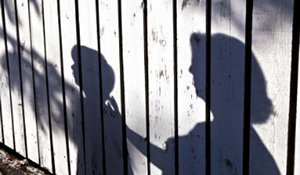 How should parents react when children test boundaries? How do you get kids to behave?
How should parents react when children test boundaries? How do you get kids to behave?
We were surprised at how many children actually thought it was OK for parents to shout at their children, yet also agree that children learn patterns of behaviour from their parents. 100% of the young people we surveyed suggested that parents smacking their children is not acceptable. Interestingly, the young people indicated that parents should try to reason with young children and that listening to children can
improve their behaviour.
"Parents are role models. But sometimes they tell us off for doing things that they do.""Why can't parents shout at their children? I shout at my parents."
"My parents have never smacked me. Do you need to smack children? There must be other ways to deal with being naughty. I used to be sent somewhere - my bedroom or in the conservatory - to calm down."
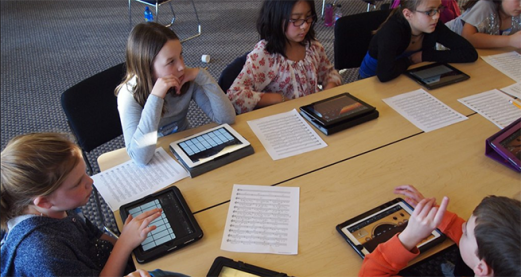
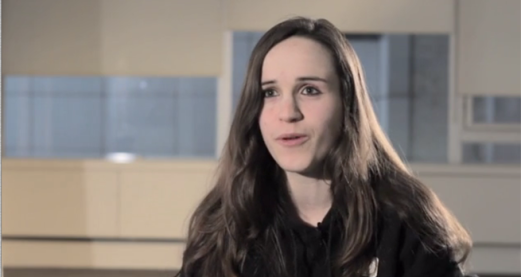
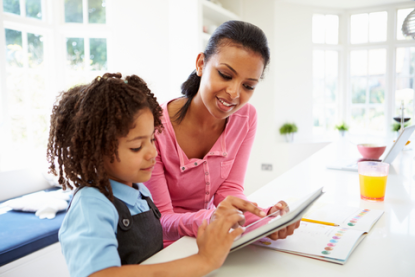

Rate and Review
Rate this article
Review this article
Log into OpenLearn to leave reviews and join in the conversation.
Article reviews